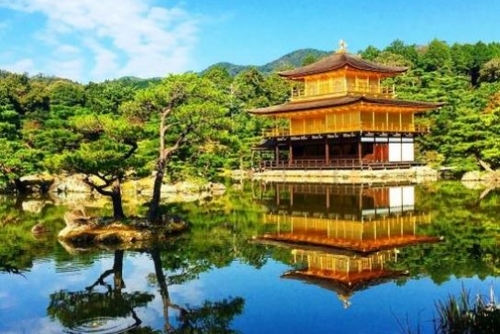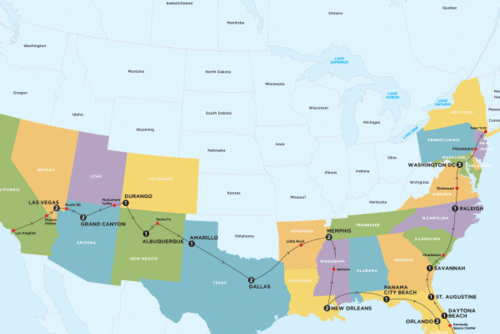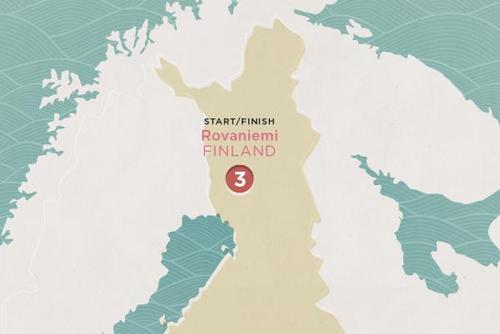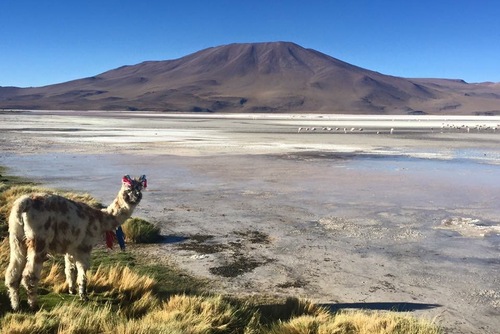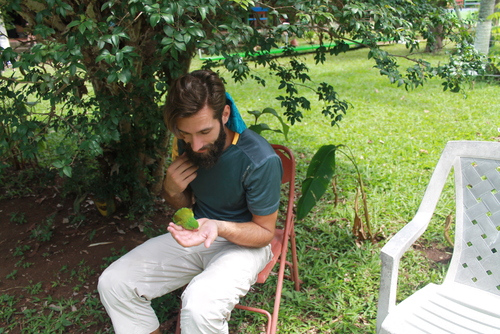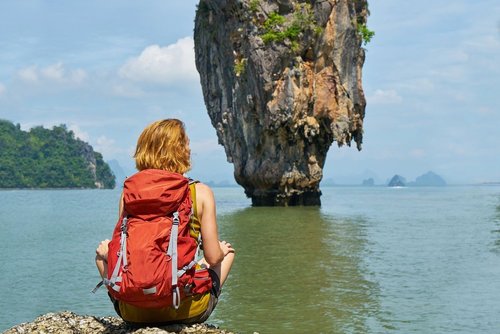Everyone around you seems to be settling into careers, relationships, mortgages. And you’re really supposed to be joining them.
But the rat race has taken a route that you didn’t sign up to and you’re feeling a little lost. It all seems a little, well, unsatisfactory and something starts niggling at you that just won’t be ignored. You want to get away from it all.
The travel bug. Itchy feet. These are the things that we catch from those constant reminders on Instagram of the big wide world that lies beyond our desks. You’re particularly susceptible if you didn’t take a gap year in your teens and spent your twenties bemoaning your bank balance and booking short beach breaks.
The idea of taking months out of everyday normality to venture around long-haul destinations easily turns into an unmistakable yearning. But deciding to go travelling in your thirties doesn’t feel quite as footloose and fancy free as it might’ve done in previous decades.
It involves some pretty major decision-making. It can mean leaving a life that you’ve been building for ten years or so.
Unless you’re lucky to have a sabbatical-granting boss, you’re going to have to quit a career that has been a good few years in the making. Even with some money in the bank, it means the loss of a steady salary and an inevitable erosion of the savings that have represented some sort of certainty for your future.
By our thirties we might not be settled, but we do have a sense of responsibility, a certain amount of stability, and a solid network of business contacts. That’s a lot to walk away from and not something most travellers in their late teens or twenties have to think through.
This changes the whole experience of post-twenties travel.
For one thing, your reasons for setting off are likely to be a bit different. A desire for adventure, yes. Seeing new sights and meeting new people, sure. But travelling in your thirties also becomes about expanding personal horizons, getting to know yourself a little better, perhaps even hitting the reset button on everything your life has become.
It has implications for how you might find ways to live your life with a little more fulfilment. This also changes the expectations of how you will spend your time whilst you’re away.
Loads of backpackers in their thirties talk about the need to seek out a more satisfying experience from their travel time. It’s not quite enough to trample around the tourist paths that are well-trodden by guidebook-toting masses and to drink away into oblivion the evenings in hostel-dense parts of town.
That’s definitely part of the fun, but there’s need for more authenticity too, whether that’s through learning a language, finding a meditation or yoga retreat, getting off the beaten path for some solo time, volunteering, or finding a local homestay to explore some cultural exchange.
It’s as if there’s more riding on these experiences, more meaning to be taken from them and to be applied to decisions about the future. They won’t just be entertaining stories; they’ll provide a backdrop to the life you’ll make when you leave behind the travelling for more familiar surroundings.
So, then there’s the return home. A lot of writing about travel says that the experience of getting back to a life that hasn’t changed is steeped in frustration.
No-one in your old world understands these new, deep-laid differences that feel so epically important. A shift in your perceptions is inevitable during travel and – whoever you are, whatever your age – you’ll hopefully have a stronger sense of what really makes you happy, who really matters in your life and the direction that you really want to take in your future.
After your twenties, the implications of these shifts are different though. You don’t return home to internal wails of ‘nobody here knows me anymore’. The friendships you’ve created, built upon, solidified in your twenties are too strong to be swayed by the aftershocks of your personal change.
You’ve already been through significant life upheavals with the ones that mean the most, whether that’s the arrival of new partners, children, homes, illnesses, jobs. They may not have been on the same physical journey, but you can definitely recognise that they’ve walked their own paths whilst you’ve been away.
Travel can be genuinely transformative at any age, but we crave a different kind of transformation as we get a bit older, we have different expectations of transformation from travel, and we respond to it differently when it happens.
The whole experience of travel is fundamentally different as you get older – from lift-off to landing.
By Anna Reeve
Related Pages



